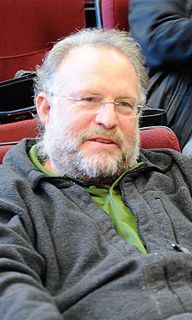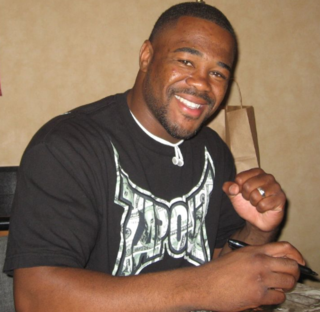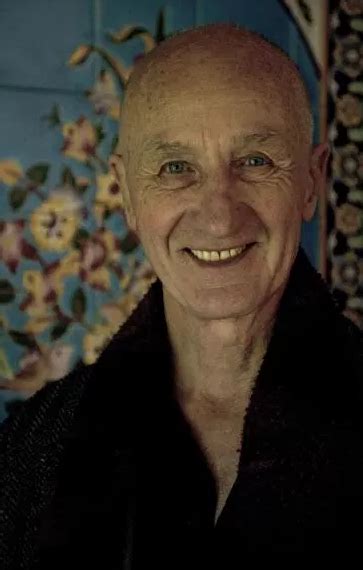A Quote by Victoria Osteen
When we tend to the areas of life that are important to us, when we make those things a priority, that's when we will flourish in those areas.
Related Quotes
Healthy areas that are richest in information are those areas in the wild where we can get all the information that's available to us within our human hearing range. The most valuable information throughout human evolution has been faint sounds. We tend to think in our modern world that if it's loud, if it grabs our attention, it's important. We get a lot of that in advertising. But in nature, it's the faintest sound that's important; it has determined, in the past of our ancestors, perhaps, if they will live or die. Faint sounds are the earliest clues of newly arriving information.
Struggle has a natural place in our life, but the fight or flight syndrome is often false struggle. There are times for that but we can have that reaction in areas of our life where it's not successful. Areas that concern existential issues or qualities of life - like meaning or purpose or love. These things actually come to us more as we let go of struggling to achieve them.






































